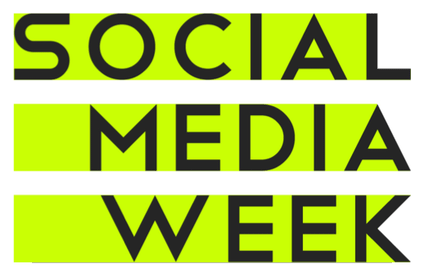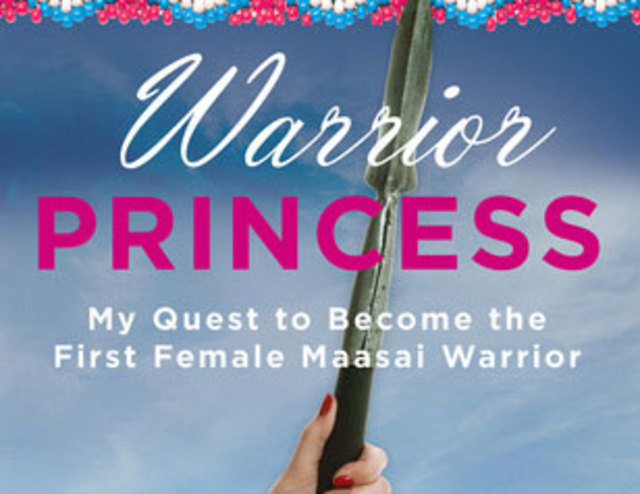What does "Leaning In" look like for African women entrepreneurs in tech? Nigeria's leading women in tech weigh in on dos, don'ts, and lessons learned.
-
-
Afrofeminism - Blog - Love Is My Revolution - Special Series - Spirituality - The Political, Personalized
Love as a Revolution Totally Sucks
Ever had one of those days when your ideals, your spiritual beliefs, your politics, your internal moral compass just feels broken? Well, I've been having those days a lot lately. Here's to raising a white flag, and hitting rock bottom, so you can find your way back up.
-
CODE RED: African Women Rising in Media and Tech (Social Media Week Lagos Event)
For Social Media Week Lagos, I'm hosting an event called 'CODE RED: African Women Rising in Media and Tech.' In line with the theme, "The Future is Now: Always On, Always Connected", CODE RED, a networking event, will facilitate connections between women who are trailblazing in social media and technology.
-
Dear Western Saviorists, Stop Reducing Africa to a Play Pen for Your Personal Development
From Colorlines: "When Mindy Budgor was 27 years old, she apparently tried to find meaning in her life by temporarily ditching her wealth in Santa Barbara and jetting over to hang with the poor people of Kenya." Read the full story, and my less than tempered response to yet another…
-
African Women in Tech: Learn More about SpeakYoruba App Developer, Abake Adenle
Welcome to my new series, African Women in Tech, and the first interview w/ Nigerian tech entrepreneur, Abaka Adenle, lead developer of the SpeakYoruba app.




